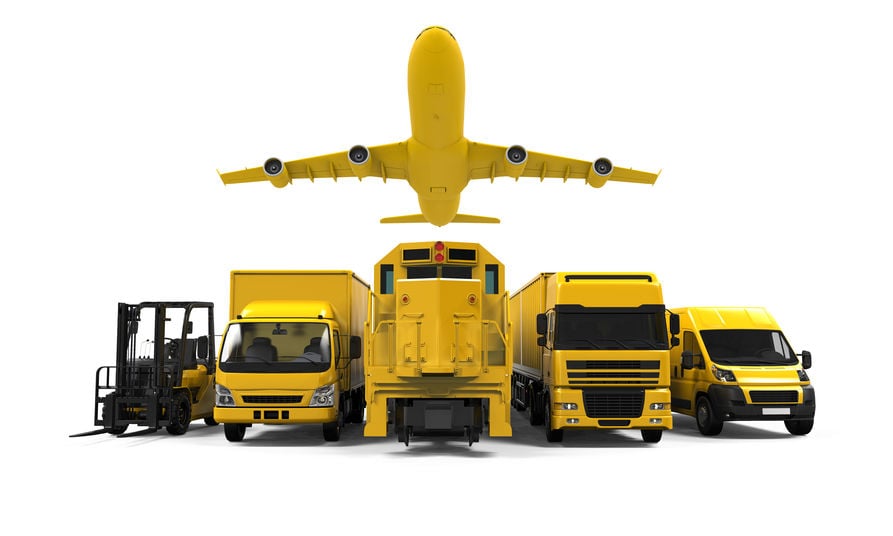We share hands-on advice for everyday trade and logistics challenges. Access insights and actionable strategies that drive certainty, continuity, and compliance across your operations.
Single Window Initiative (SWI) - Survival Guide #3: Importing Plant Cuttings

The new SWI landscape The Single Window Initiative means several changes for importers:
Importing into Canada: A step-by-step process

Importing goods into Canada requires attention to detail to ensure that your shipments cross the border quickly and arrive on time. These details include different customs and logistics processes and regulations that you must undertake to ensure compliance and keep your goods moving.
How climate change is affecting supply chains

At the end of April, 110 shipping companies signed a letter calling for mandatory slow-steaming to be adopted by the International Maritime Organization’s (IMO) greenhouse gas (GHG) working group. The letter did not include the signatures of any container carriers, and has created quite a stir. There are ongoing.
Logistics 101: Customs Basics

Entering the complex business of import and export can be intense and overwhelming. Our Logistics 101 series is a gentle introduction and an easy-to-follow guide through turbulent, ever-changing waters. We aren’t going to just toss you a compass and wish you luck; we’re in the boat with you, guiding you safely to.
Single Window Initiative (SWI) - Survival Guide #2: Beef and Pork

The new SWI landscape The Single Window Initiative means several changes for importers:
Working with a Freight Forwarder: Part 2

Last week, we shared eight great reasons to choose a freight forwarder instead of working directly with a carrier to move your shipments. This week, we dive deeper into the work a freight forwarder does before your shipment even leaves your warehouse.
8 Reasons To Choose A Freight Forwarder

When you’re moving a shipment, it may be tempting to go directly to a carrier rather than working with a freight forwarder. What added value does a forwarder bring? Here are eight great examples.
Freight forwarder vs. customs broker vs. full-service logistics provider

Are freight forwarders the same as customs brokers? What’s the difference? And what is a full-service logistics provider anyway?
Important changes to the Administrative Monetary Penalty System (AMPS)

On April 1, 2019, increased penalty fees for 22 of the 152 AMPS contraventions were announced. Why? The Auditor General of Canada criticized the CBSA’s penalties for being too low to improve compliance with trade programs. The new stiffer fines are intended to keep commercial clients walking the straight and narrow.

